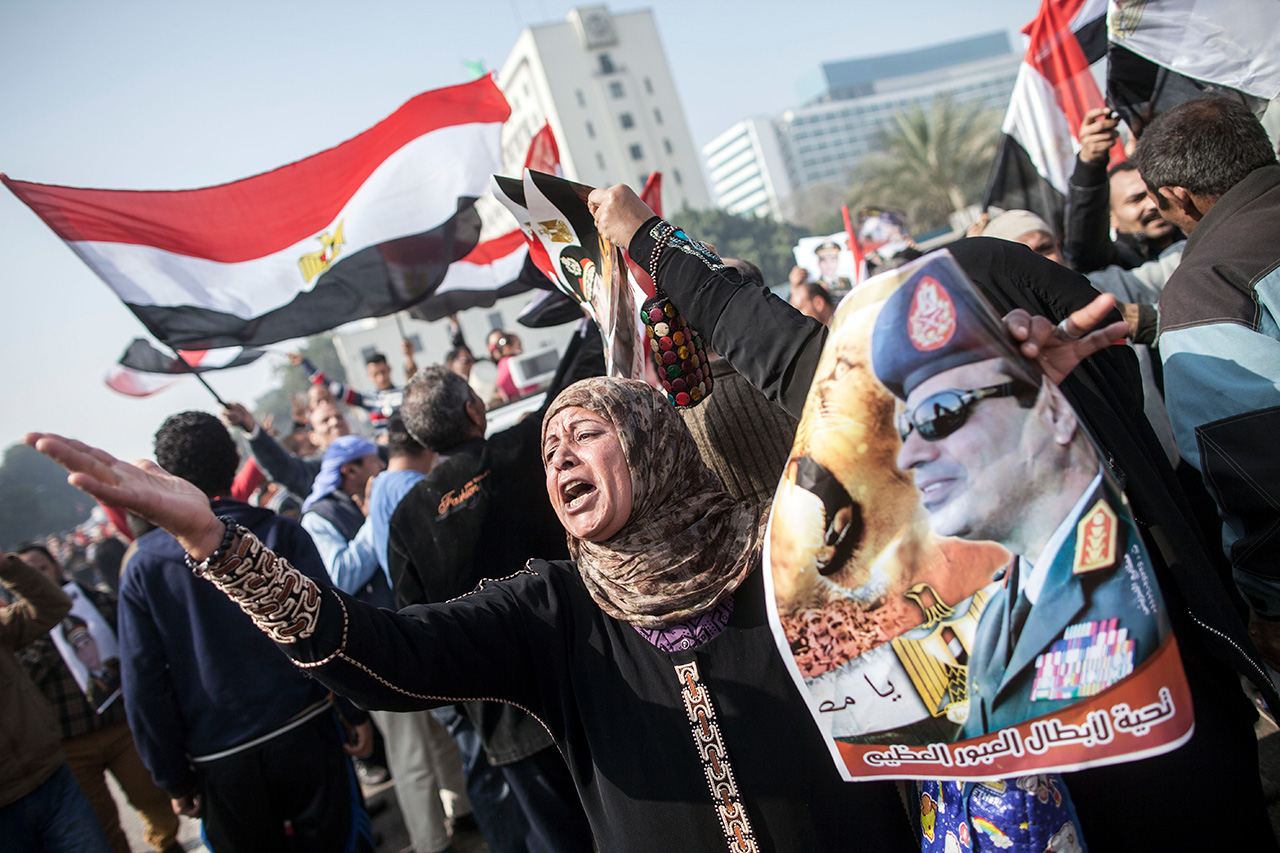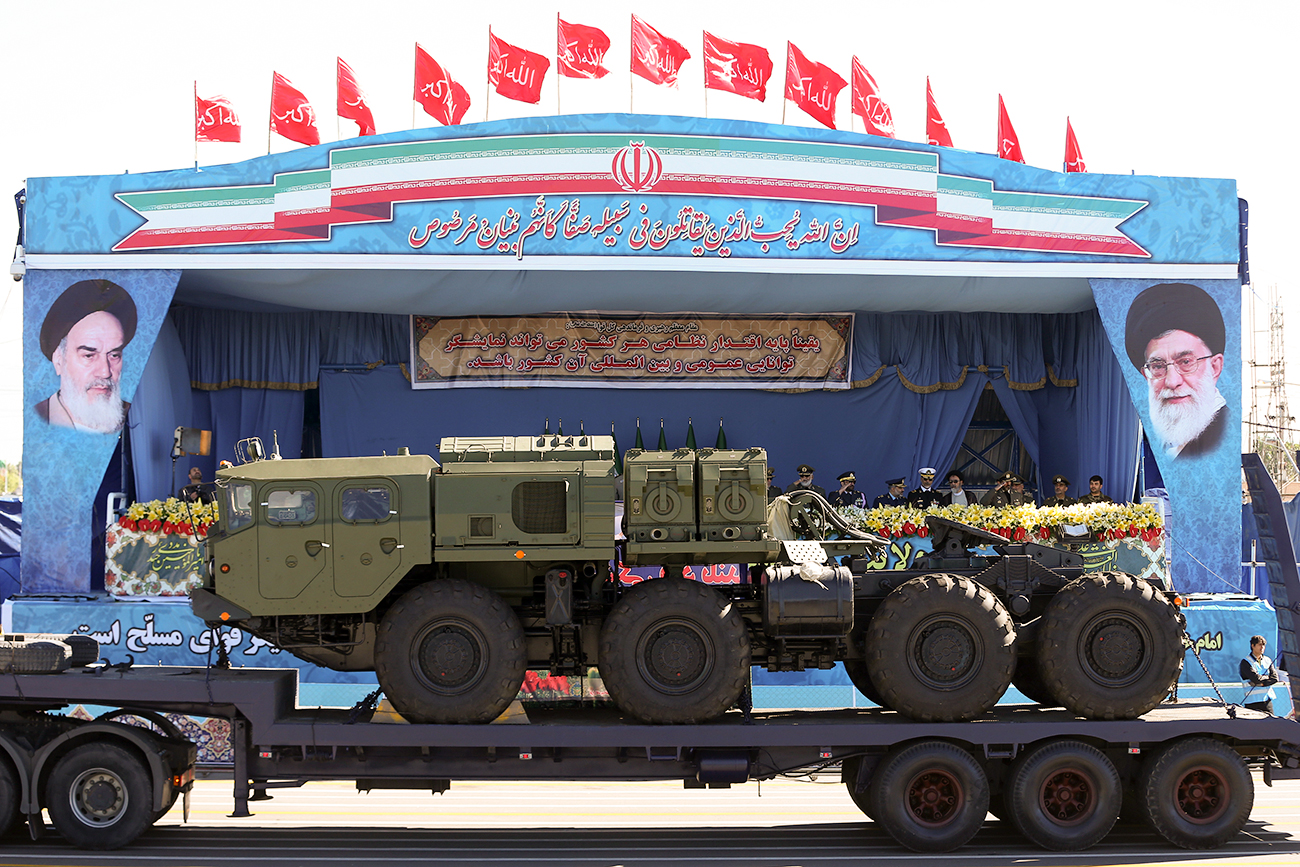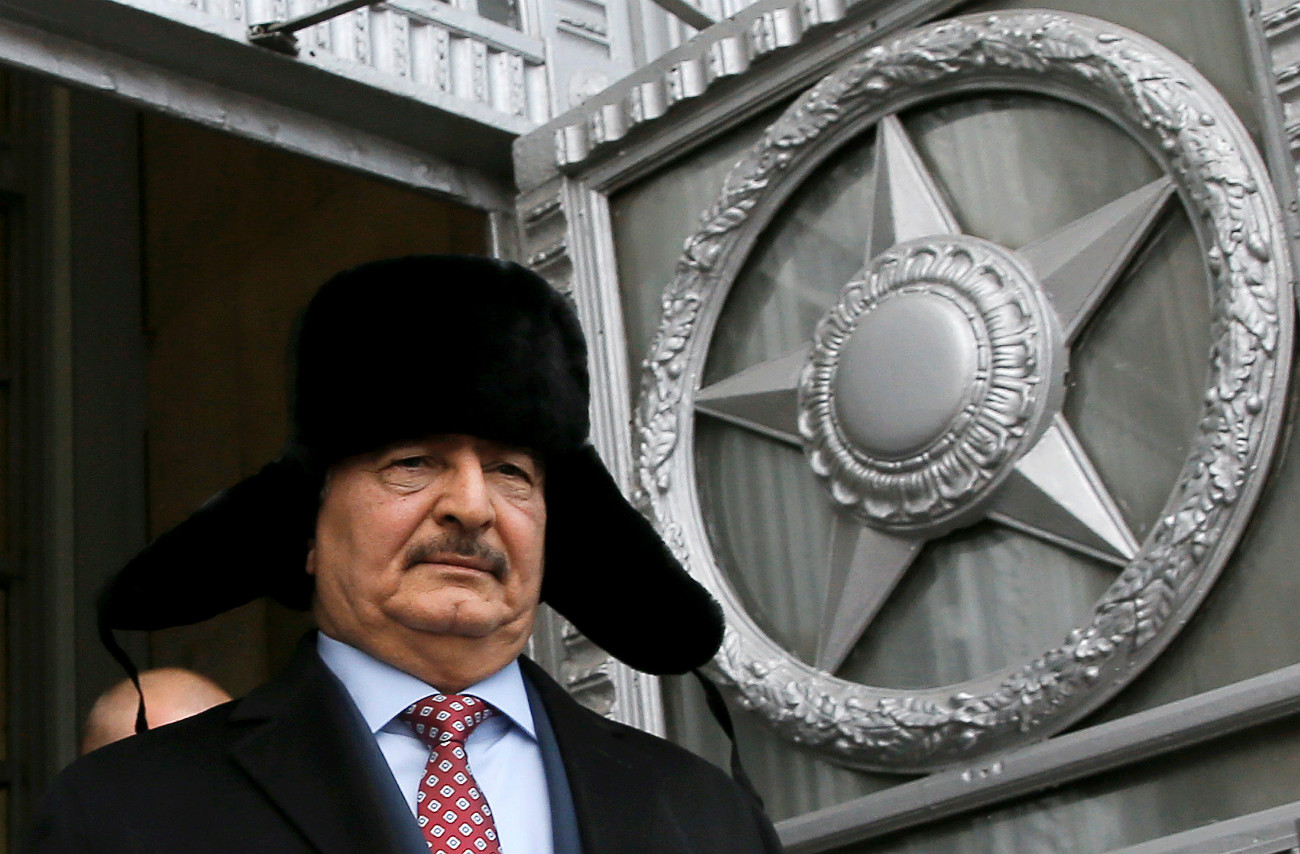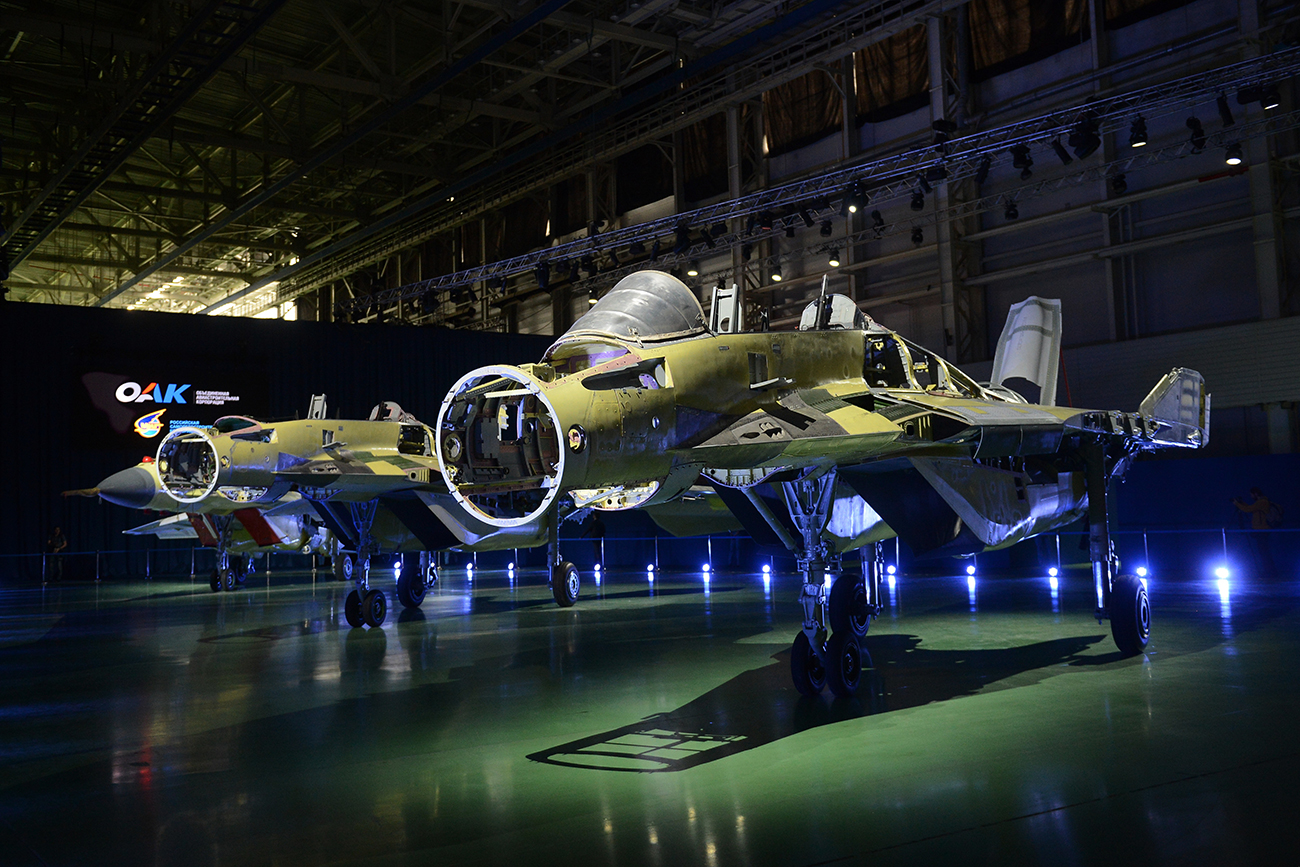Middle East pressure point: Why Russia needs Bahrain

The Arab Spring has led to closer cooperation between Russia and Bahrain.
AFPThe latest developments in the Middle East suggest that Moscow is trying to play on the changing attitudes of the countries in the region towards the United States. The behavior of the U.S. during the events of the Arab Spring, when Washington supported the protesters instead of its ally Hosni Mubarak, is pushing local countries to seek a more stable guarantor of security, which totally meets the interests of Moscow. In this situation, a small Bahrain can become a ‘pressure point’ for Russia vis-à-vis its rivals in the region.
U.S. loses ground
Bahrain is the main base for the U.S. Navy’s 5th fleet. This naturally means that Washington has a major impact on decision-making in the wealthy country. Meanwhile, the U.S.’s actions in recent years have forced Bahrain to start a review of its previous approaches to cooperation.
The changing point was 2011, when during the Arab Spring Washington openly supported the protesters in Egypt and refused to help its ally President Hosni Mubarak.
This fact combined with criticism of human rights in Bahrain raises a concern that in a crisis, Washington may abandon support for the current government in the island state.
In addition, the United States in recent years has embarked on reducing its involvement in the Middle East. Therefore, not only Bahrain, even other Arab monarchies in the Persian Gulf are losing confidence in Washington’s ability and willingness to help resolve the Iranian problem.
Russia, on the other hand, significantly increased its involvement in the region in the last two years. And since, unlike the White House, the Kremlin does not require compliance with human rights in exchange for the supply of weapons, for Bahrain relations with Russia are an alternative way of ensuring its own security.
A mediator role
For Russia, Bahrain is important because Manama is ready to become a mediator in Russia’s negotiations with other Arab countries and particularly with Saudi Arabia over the handling of the Iranian problem.
The willingness of Bahrain to become a mediator is confirmed by the fact that, according to the Ambassador of Bahrain to Russia this year Manama will host a meeting of foreign ministers of Arab monarchies and Russia.
This also suggests that the Arab States of the Persian Gulf believe that Russia is today a force to be reckoned with in the region.
Arab Spring
Russia and Bahrain began a new kind of relationship with the rise of the Arab Spring in 2011. After the suppression of mass demonstrations in the kingdom led to casualties, France and the UK cancelled their license for the supply of arms to Bahrain. In response, Manama signed an agreement with Moscow for the supply of AK-103 assault rifles, and has launched a program to train the military of Bahrain.
The next step was in 2014, when Bahrain, despite the sanctions of Brussels and Washington against the Kremlin, signed an investment agreement with Russia. In the same year, direct flights were launched between Moscow and Manama. Washington did not hide his irritation and regarded these actions as a disregard for their interests.
In 2016, when the international community accused the Kremlin of war crimes in Syria, King Hamad bin Isa Al Khalifa visited Russia twice. During these visits, the parties discussed the development of trade and political relations, and signed a military agreement.
Moreover, in November 2016 the King of Bahrain invited Vladimir Putin to visit Bahrain, and in December 2016 the Russian state news agency Sputnik reported that there is a list of companies from Bahrain ready to invest in Crimea.
There have also been some positive developments in beginning of 2017. At the end of February Manama hosted the first ever Bahrain-Russian Intergovernmental Commission on Trade, Economic, Scientific and Technological Cooperation.
On Mar. 6, the Bahraini Ambassador in Russia confirmed that Foreign Minister Khalid bin Ahmed Al Khalif will arrive in Russia on Mar. 24.
These developments suggest that, despite the complicated relations of Moscow with Manama’s allies, Bahrain and Russia continue to strengthen their relationship.
Access to the arms market
Despite a well-developed infrastructure, the most liberal legislation in the region and high level of economic development, the small size of Bahrain means it is not a big target for Russian businesses. At the same time, the country can be a convenient place to launch economic and political penetration in the Arab countries of the Persian Gulf.
First of all, in terms of sanctions and low oil prices, Russia is experiencing a lack of investment, so the Gulf countries are of direct interest. Bahrain has invested more than $50 million in retail, commercial real estate, mining and logistics services in Russia.
Working with Manama demonstrates Russia's desire to enter the weapons market on the Arabian Peninsula. Today, in addition to supplying machines Moscow is executing a contract for the provision of the Kornet anti-tank complexes to Bahrain.
According to Kommersant, even such a modest result may be considered a success for Russia, since Bahrain, as all the monarchies of the Persian Gulf traditionally focus on buying arms from the United States.
In addition, during the Bahrain-Russian intergovernmental commission meeting the sides agreed to start the supplies of Russian meat products, and held talks about the possibilities of grain exports, and the simplification of the visa regime.
The successful implementation of such plans can be used an example of beneficial cooperation with Russia for other Arab monarchies.
If using any of Russia Beyond's content, partly or in full, always provide an active hyperlink to the original material.
Subscribe
to our newsletter!
Get the week's best stories straight to your inbox


